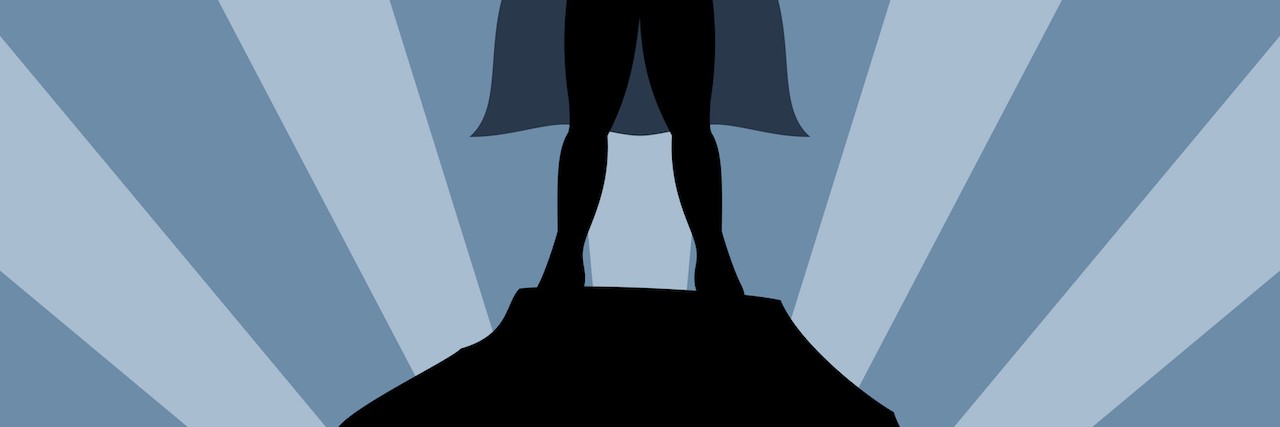If you were to Google “panic disorder” or “generalized anxiety disorder,” you would get about 3.5 million different hits – including everything from what it is and isn’t, to how to treat it naturally, along with ads for pharmaceuticals. For someone newly diagnosed it can be a massive ocean of uncertainty.
Since May of 2005, I have been labeled with the disease “panic disorder.” It was extremely difficult at the time for my 24-year-old self to accept that fact, let alone consider what the best way to treat it was. I relied heavily on this new plethora of medical providers – therapists, psychologists and psychiatrists. Their resounding answer was medication. I was at the point where I could barely leave my house without having a panic attack, so I was willing to do anything. After the normal four- to six-week waiting period, I started to feel better.
However, around that time I also started to struggle with the fact that I had a mental illness. I felt shame, embarrassment and depression. Furthermore, I had to take daily medication to help me cope. That alone made me feel weak. I felt like less of a man in the macho-filled world that constantly told me to “man-up!” I struggled with this (and to an extent, actively fought against meds) for the next three to five years. I always had it in my head that as soon as I was “back to normal,” I would be off the meds – that this was just a temporary blip on the radar. Looking back, I now know this actually worked against me since I was always in a rush to get to a recovery point that was probably not realistic.
After years of treatment, I discovered the sub-culture within the mental illness population that strongly believed in medication-free treatment. These folks often spoke about many things I was actively doing – cognitive behavioral therapy, meditation, mindfulness, yoga and a litany of other solutions to curb anxiety and panic without taking pills that put you into a “zombie-like state.” This prompted me to, once again, push my medical practitioners to lower my dosage, get me off the pills and let me try to solve my anxiety riddle without medication. But the end result was always the same – a renewed wave of panic attacks resulting in depression. I was consumed by self-despair for not being “man enough” to control my own mind.
The message I want to share after living with panic disorder for more than 11 years is that medication is OK and often necessary for many who live with anxiety-related illnesses. Every person is different, and there is no surefire, silver bullet solution to this disease. There is a camp of people out there who believe medication is never the solution, no matter the circumstance, and can actually make your situation worse. Depending on the meds you are taking and your body’s unique chemistry, that may hold true in some cases. As for me, I’ve learned that my panic disorder is a result of a chemical imbalance in my brain. I need medication to help my brain remain balanced. I can do deep breathing until the cows come home and still be riddled with panic attacks. For me, medication is an important part of the solution. After nearly a decade of fighting against that notion, I have finally accepted it. And that has helped me tremendously in my journey.
My therapist deserves credit for getting through to me years ago by saying, “If you were taking insulin for diabetes, you wouldn’t question it. Yet here you are, beating yourself up for taking meds to help with your disease.” There will still be people who think medication actively works against the mental health community. They can have their opinions. I am no less “Mighty” for taking a medication that works for me.
Unfortunately, in those 3.5 million search results on Google, you will not find the article entitled “The Perfect Solution for You!” You must live, learn, experiment and discover what works best for you, and only you.
Editor’s note: Please see a medical professional before starting or stopping medication.

